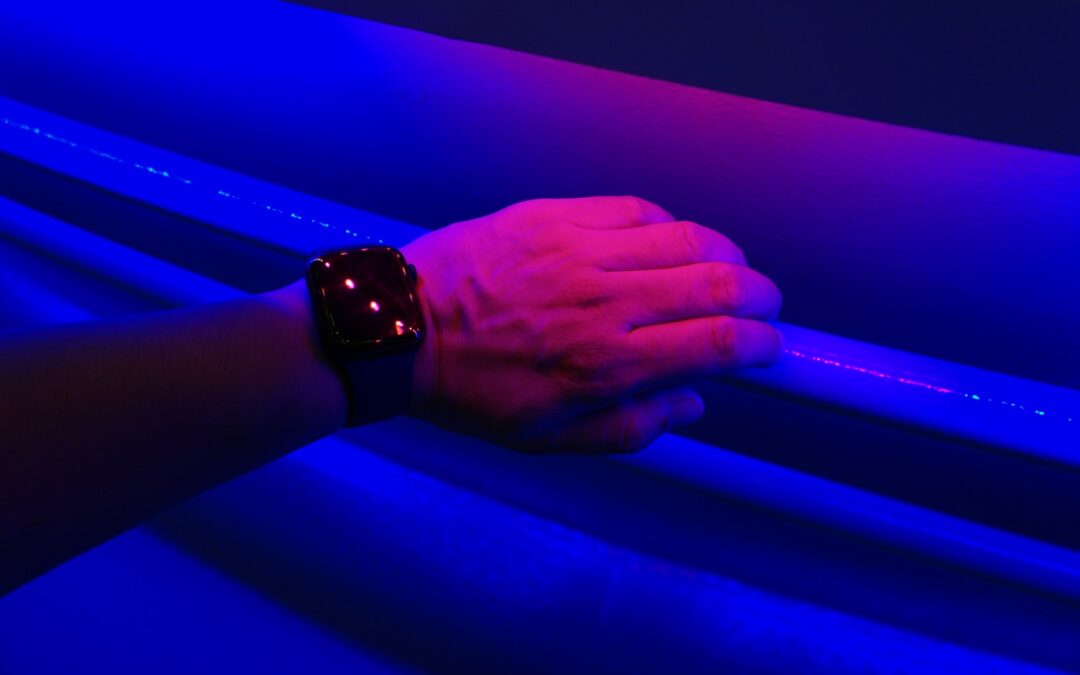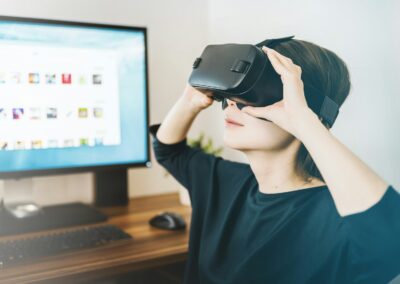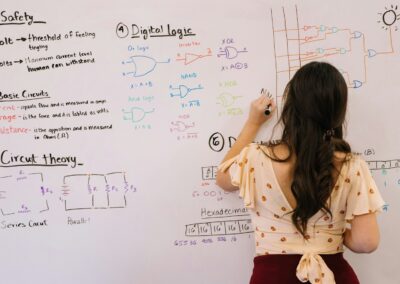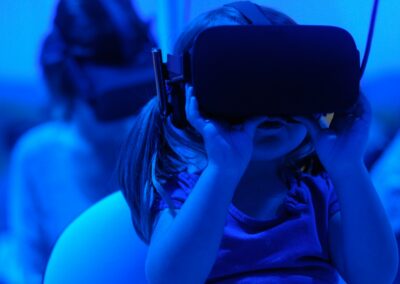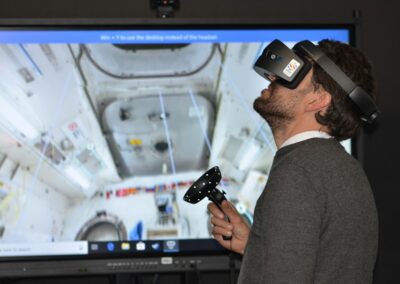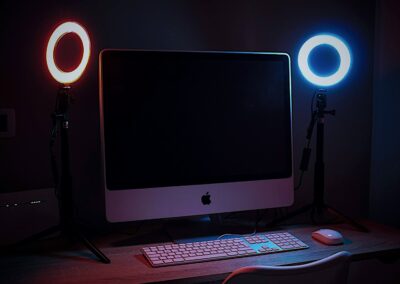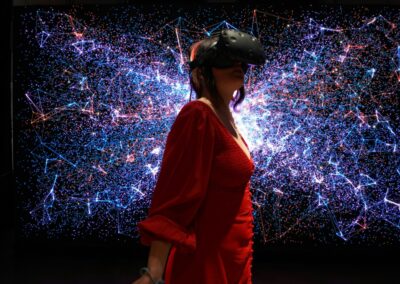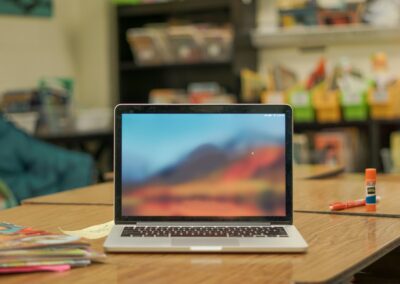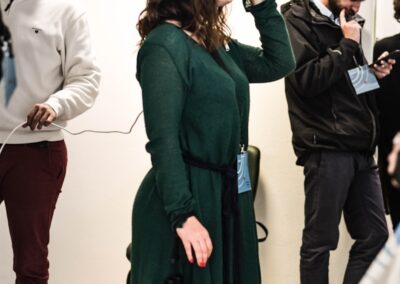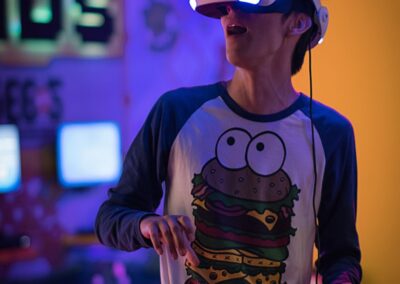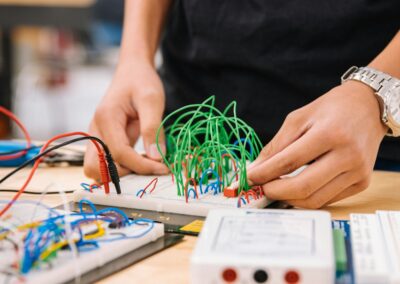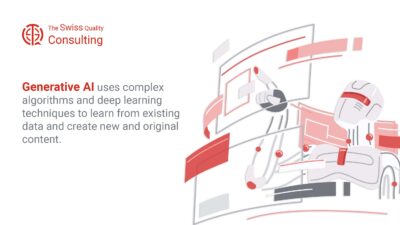Revolutionizing Education through VR, AR, and Mixed Reality
The Dawn of Immersive Learning Technologies
The integration of VR, AR, and mixed reality technologies will redefine the boundaries of education, offering more immersive and interactive learning experiences. This technological evolution is transforming traditional educational models by providing students with dynamic and engaging environments where learning is not just passive absorption of information but an active and participatory process. In regions like Saudi Arabia and the UAE, where technological innovation is a strategic priority, the adoption of immersive learning technologies is gaining significant traction.
In Saudi Arabia, educational institutions in cities like Riyadh are at the forefront of implementing VR and AR to enhance classroom experiences. Students can explore historical events, dive deep into scientific phenomena, or engage in complex problem-solving tasks, all within a virtual environment that brings the subject matter to life. This approach not only enriches the learning experience but also ensures that education is more inclusive and accessible to a diverse student population.
Transforming Traditional Classrooms
Traditional classrooms are evolving into high-tech learning hubs thanks to the integration of immersive technologies. In Dubai, for instance, schools and universities are incorporating VR and AR to create virtual labs, interactive simulations, and collaborative projects. This transformation allows students to conduct experiments and engage in activities that would be impossible or too risky in a physical setting, such as chemistry experiments or medical procedures.
Moreover, the UAE’s commitment to education and innovation is evident in its national strategies and investments in technology-driven learning. By leveraging VR and AR, educators can provide tailored learning experiences that cater to individual student needs, enhancing engagement and retention. These immersive technologies also foster collaboration among students, enabling them to work together in a virtual space, regardless of their physical location.
Enhancing Business Training and Development
The impact of immersive learning technologies extends beyond traditional education into the realm of business training and development. Companies in Riyadh and Dubai are utilizing VR and AR for executive coaching and skills development, creating realistic training scenarios that prepare leaders for real-world challenges. This method is particularly effective for training in high-stakes environments, such as emergency response, negotiation, and strategic planning.
In Saudi Arabia, businesses are adopting VR-based training programs to enhance their workforce’s capabilities, ensuring they remain competitive in a global market. These programs offer a safe and controlled environment where employees can practice and refine their skills, receive immediate feedback, and learn from their mistakes without any real-world consequences. This approach not only improves individual performance but also drives organizational success and innovation.
The Future of Immersive Learning Technologies
Personalized and Adaptive Learning
The future of immersive learning technologies promises even greater advancements in personalized and adaptive learning. With the integration of artificial intelligence and machine learning, VR and AR platforms can analyze student performance and adapt the content to suit their individual learning styles and paces. This level of personalization ensures that each student receives the support they need to succeed, making education more effective and inclusive.
In the UAE, initiatives are underway to develop AI-driven educational platforms that utilize VR and AR to provide customized learning experiences. These platforms can identify areas where students struggle and adjust the curriculum accordingly, offering additional resources and practice opportunities. This adaptive approach is particularly beneficial in fostering a deep understanding of complex subjects, ensuring that no student is left behind.
Expanding Access to Education
One of the most profound benefits of immersive learning technologies is their potential to expand access to education. In regions with geographical or socio-economic barriers, VR and AR can provide students with opportunities that would otherwise be unavailable. For instance, students in remote areas of Saudi Arabia can participate in virtual field trips to world-renowned museums, attend lectures by international experts, and collaborate with peers across the globe.
In Dubai, efforts are being made to integrate immersive technologies into public education systems, ensuring that all students, regardless of their background, have access to high-quality education. This democratization of education through technology is a significant step towards achieving educational equity and preparing a skilled workforce for the future.
Challenges and Opportunities
While the benefits of immersive learning technologies are substantial, there are also challenges to consider. Implementing VR and AR in educational settings requires significant investment in infrastructure, training for educators, and ongoing maintenance. Additionally, there are concerns about the potential for technology to distract rather than enhance learning if not used appropriately.
However, these challenges present opportunities for innovation and collaboration. Governments, educational institutions, and technology providers in Saudi Arabia and the UAE are working together to develop best practices and standards for integrating immersive technologies into education. By addressing these challenges head-on, they can ensure that the transition to tech-driven learning is smooth and beneficial for all stakeholders.
Conclusion
The integration of VR, AR, and mixed reality technologies in education marks a significant leap forward in how we teach and learn. In Saudi Arabia and the UAE, these advancements are transforming classrooms, enhancing business training, and expanding access to education. By embracing immersive learning technologies, these regions are positioning themselves at the forefront of educational innovation, ensuring that their students and workforce are well-equipped for the challenges of the future. As we continue to explore the possibilities of VR, AR, and AI, the potential for creating engaging, personalized, and accessible learning experiences will only grow, redefining the boundaries of education for generations to come.
—
#immersivelearning #VRinEducation #ARinEducation #AIinEducation #FutureofLearning #SaudiArabia #UAE #Riyadh #Dubai #BusinessSuccess #LeadershipSkills #EducationInnovation #MetaverseLearning #GenerativeAI

